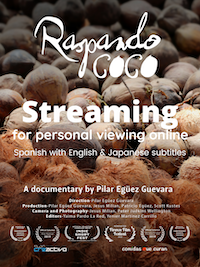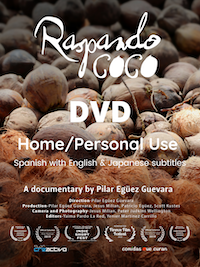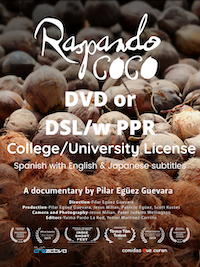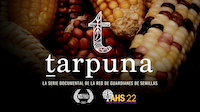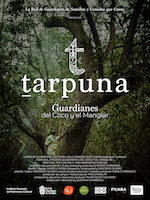Comidas que Curan was born in 2012 as a collaborative independent project by a team anthropologists, educators and filmmakers to document the good practices found in the healing and food traditions of Ecuador and Latin America. We seek to re-value and educate about our culture’s invaluable culinary and healing knowledge by recovering the memories about eating, feeding and healing remembered and practiced by our parents, grandparents and ancestors.
Our project does not pretend to return to a romantic or immutable past. We acknowledge that the culinary and healing practices and knowledge constantly change and adjust to the needs and conditions of their time–there are no original, authentic or “pure” recipes. We acknowledge that modernity brought techniques and technologies that facilitated the otherwise arduous everyday chores of our parents and grandparents. However, that same modernity has brought along lifestyles and foods that are negatively impacting our health.
This is a project to learn critically from our history and from our elders in Latin America. We draw inspiration from the bodies filled with health and strength of our grandparents and ancestors, which are a testimony of effective healing, caring and feeding knowledge systems (saberes) that were tested and perfected over centuries. This healing and food knowledge lies, to a large extent, in the unwritten archives of our elders’ memories.
A film about the food and medicinal traditions of Afro-Ecuadorians. Find out more by visiting the official website: www.raspandococo.com
Watch the film trailer below.
A film about the foodways and culture surrounding corn amongst indigenous communities in the Andes of Ecuador.
Watch the film trailer below.
A film about the traditional ways of growing and using agave in the highlands of Ecuador.
Watch the film trailer below.
A film about the culinary, fishing and spiritual traditions among men and women who descend from the great balsa sailors in prehispanic Ecuador.
Watch the film trailer below.
Raspando Coco at Ancestral Health Symposium
Raspando Coco at Pacific Oaks College, CA / CETYS, Mexico
La Tonga de Olivia, El Bollo de Dolores, El Rompope de Angélica at Calceta and Jaboncillo, Ecuador and on Facebook LIVE (3:00pm US Central Time)
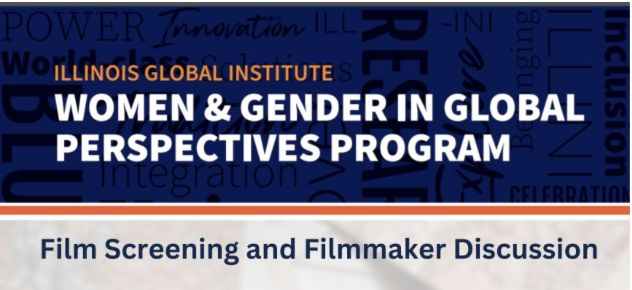
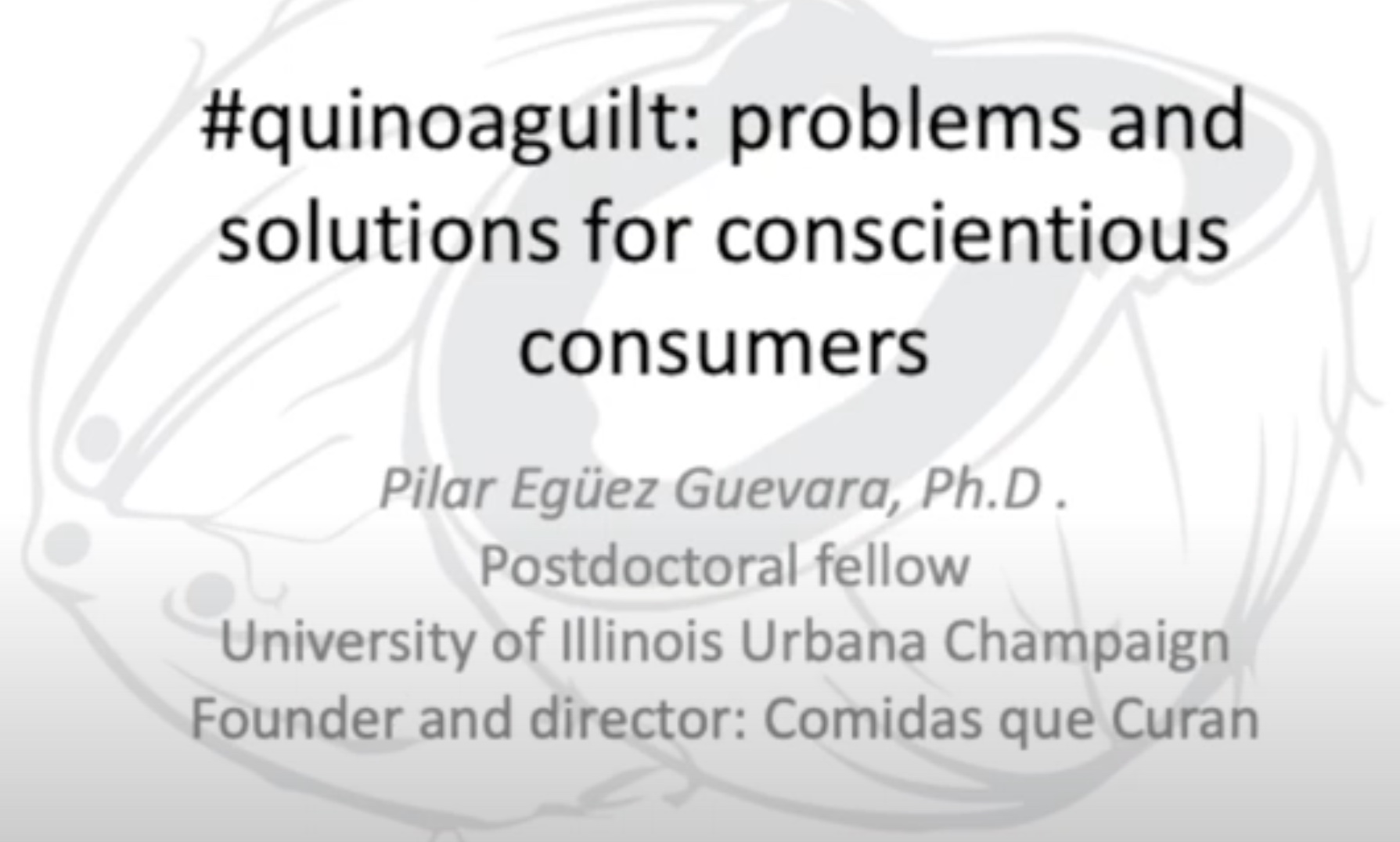
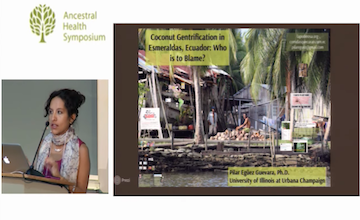
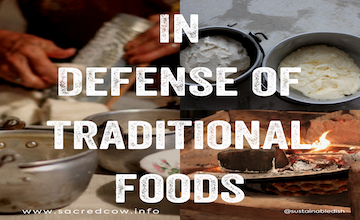
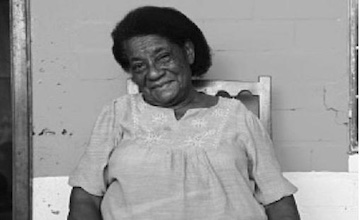
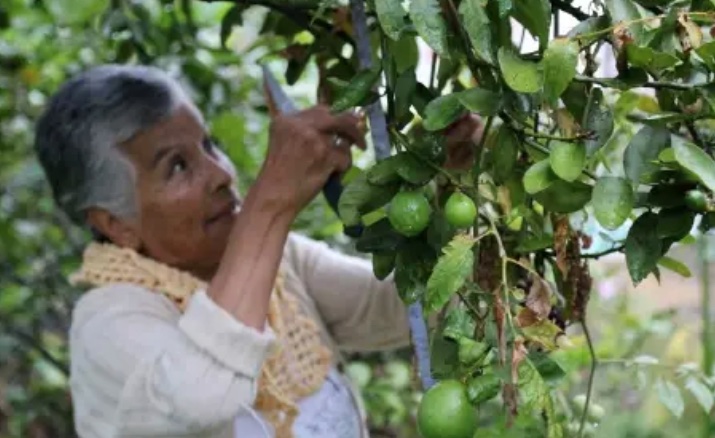
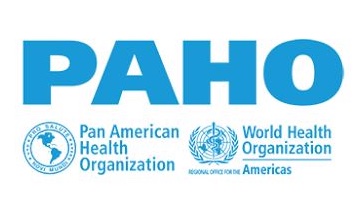
Pilar is an Ecuadorian cultural anthropologist, writer and filmmaker, who specializes in food, culture, conflict and health. She is co-founder and director of Comidas que Curan, an independent education initiative and film distributor that blends ethnography and film to document and teach about food traditions and transformations in Ecuador and Latin America. She is director and producer of Raspando Coco, an award-winning documentary about the culinary and medicinal traditions of Afro-Ecuadorians. She is also a certified conflict mediator and coach.

Jesus is a computer engineer and economist. He was the photographer and cinematographer of Raspando coco and he participated in the research and production of the Manabí 2012 documentary project. Jesus is the creative and technical manager of our film distribution operations.
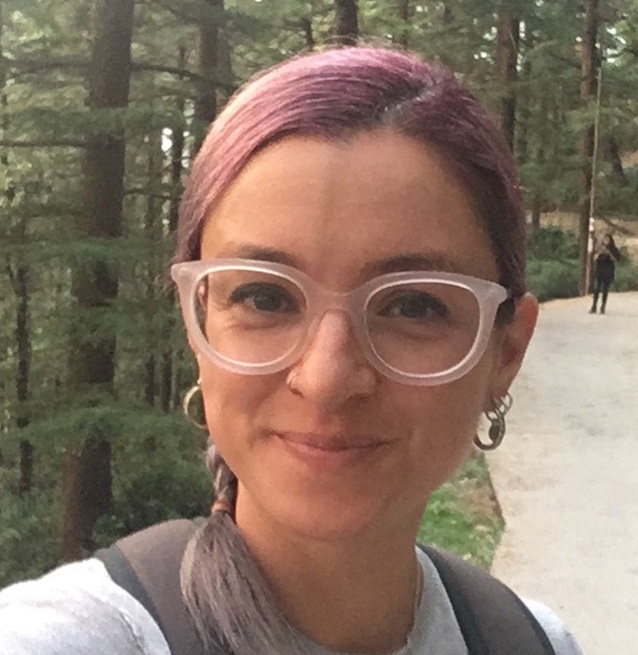
Alejandra is the dean of the School of Literature at Universidad de las Artes, Ecuador. She is founder of La Poderosa Media Project, a non profit organization that uses storytelling towards community transformation through art-schools in Latin America and the United States. Alejandra directed the 5 documentary shorts of the Manabí 2012 project. Learn more about Alejandra here.
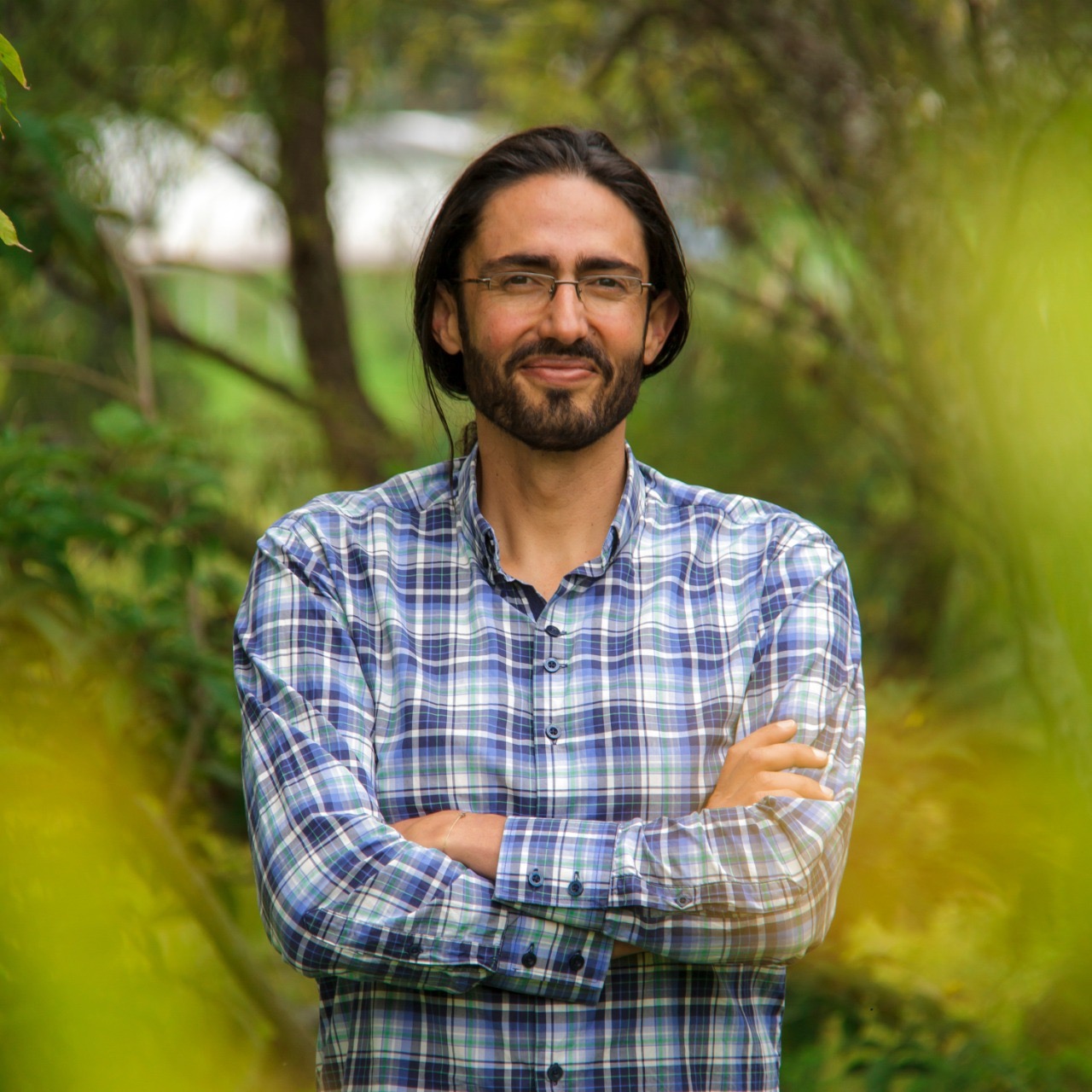
Gustavo is an independent filmmaker with 15 years of experience directing feature and short, fiction and documentary films. He graduated with a Performance Arts degree from Paul Vallery University in France and is now based in Mindo, Ecuador. His work focuses on showcasing Ecuador’s biodiversity and ecology through audiovisual narratives. He is the video coordinator at the Seeds Savers Network of Ecuador, and is the director of the award-winning documentary series Tarpuna, featuring the the Network's seed savers and organic farmers throughout Ecuador. He is our close partner in fundraising, producing and distributing the Tarpuna documentary series.
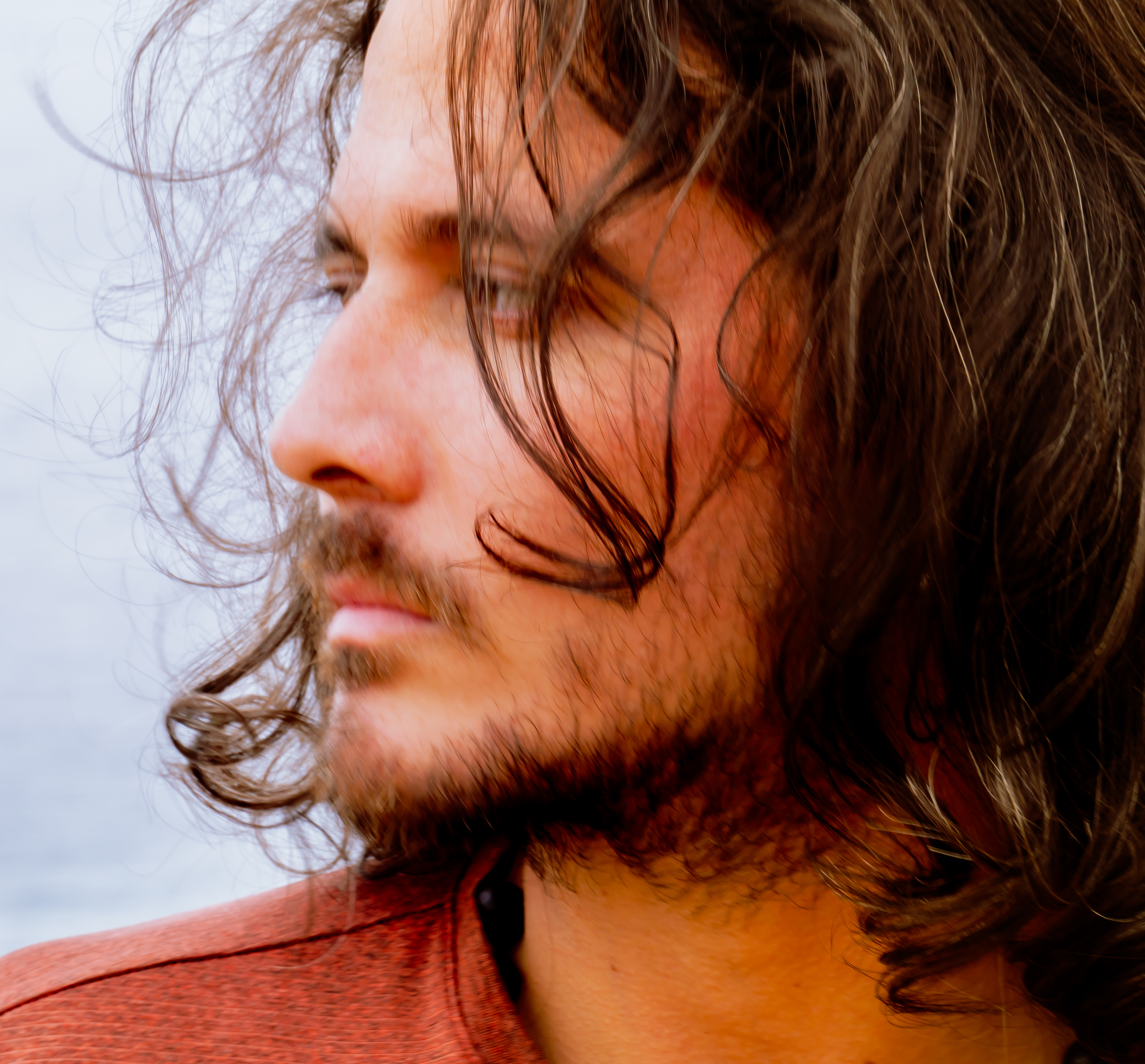
Esteban is a photo & video artist and tourism professional from Bahía de Caráquez, Manabí where he is a culture & community activist. He works with grassroots organizations and local museums to promote Manabí's traditional culture and history. Esteban worked as a mentor for our youth film & ethnography education program and he wrote the script and edited our community-based short documentary series in Calceta (2021-2022).

Jen is a sophomore at Wellesley College, Massachusetts, studying Physics and Philosophy. She is a second-generation American, she is bilingual and fluent in English and Spanish. Jen supports Comidas Que Curan with translation skills in creating accurate film subtitling.

Rachel is a sophomore at Wellesley College studying Computer Science. Food was the main way she experienced her hometown growing up in Miami through different Latino cultures. As a student she has also studied food in Cuba, her family’s home. In her free time, she designs and plays video games. Rachel supports our film distribution and social media content creation.

Sophie is a senior at Wellesley College, Massachusetts, studying Studio Art and Middle Eastern Studies. She is a multicultural, hardworking and creative leader who grew up between France and the United States. A skilled video artist with work experience in 5 languages, she is dedicated to transcending borders through the power of food and media. Sophie supports our film distribution efforts in product design, creating and translating subtitles, designing posters and producing videos about our food education projects. You can learn more about Sophie here.

La Poderosa Media Project is a 501(c)3 nonprofit organization that promotes creative autonomy and collaborative learning through community-based arts programs for children and young adults in the Americas.
Take me there
La Red de Guardianes de Semillas conecta a familias que protegen la agrobiodiversidad y promueven sistemas regenerativos de vida en Ecuador.
Take me there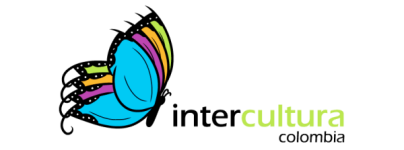
En el año de 1997 se realizó en Bogotá el I Encuentro Internacional sobre Estudios de Fiesta y Nación y como conclusión se proyectaron varias labores: la creación de la Corporación de Estudios Interculturales Aplicados – INTERCULTURA y, como eje de la misma, la consolidación de la Red Internacional de Investigadores en Estudios de Fiesta, Nación y Cultura – REDRIEF. Actualmente, la red cuenta con alrededor de 300 investigadores de varias naciones del mundo.
Take me thereWe carry out documentary, research and education projects in Latin America and the United States.
